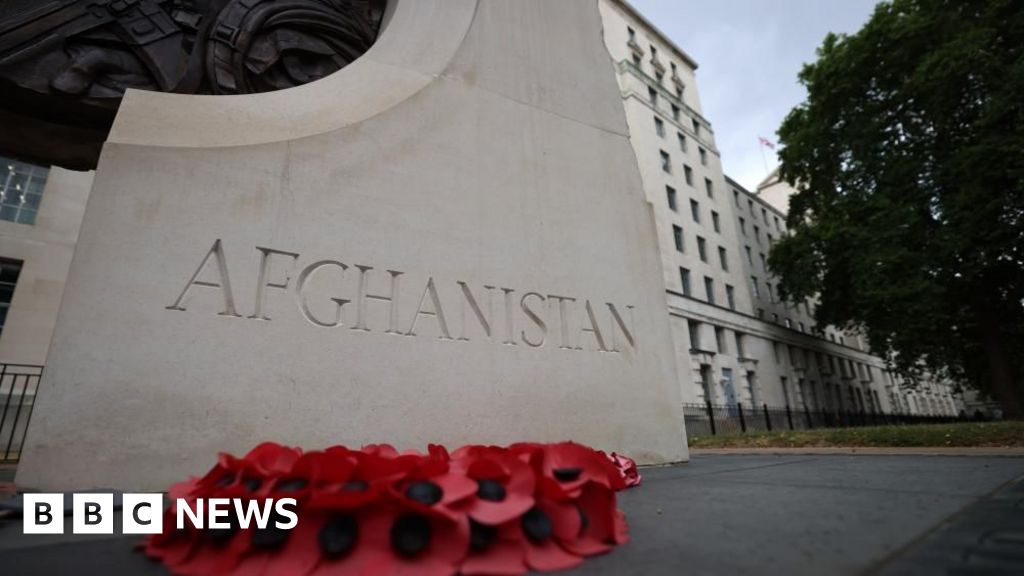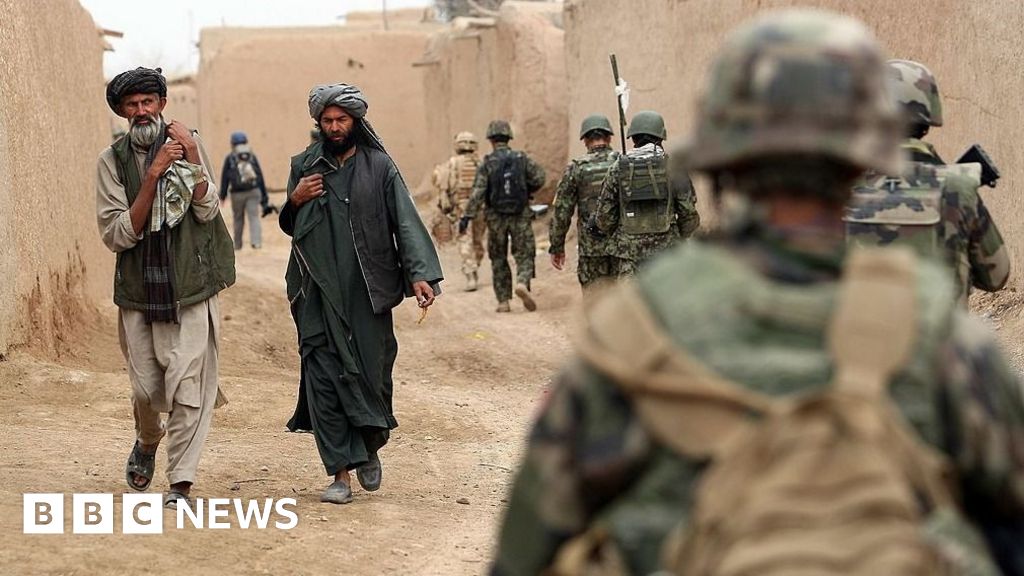Deportation: The Tragic Bus Crash in Afghanistan

Introduction
A deadly bus crash in Afghanistan has claimed the lives of dozens of deportees from Iran. According to reports from the BBC, at least 17 children were among the victims of the tragic incident. The bus was en route to Kabul when it crashed and caught fire, resulting in multiple fatalities. This devastating event has sparked widespread concern and outrage, highlighting the dangers faced by deportees who are often forced to make dangerous journeys back to their home countries.
Challenges for Deportees
The deportation process can be a difficult and dangerous one for individuals who are forced to leave their adopted homes and return to their countries of origin. Many face a lack of support and resources, making it challenging to rebuild their lives in a new and unfamiliar environment. Additionally, the journey back to their home country often involves treacherous conditions and risks, as seen in the recent bus crash in Afghanistan. These challenges only add to the already traumatic experience of being deported.
The Need for Reform
This tragic bus crash serves as a stark reminder of the urgent need for reform in the deportation process. Governments must prioritize the safety and well-being of deportees, providing necessary support and resources to facilitate a smooth transition to their home country. Furthermore, measures must be taken to ensure the safety of deportees during their journey, as well as upon arrival. It is crucial for authorities to address these issues
About the Organizations Mentioned
BBC
## Overview The British Broadcasting Corporation (BBC) is the world’s oldest and largest national broadcaster, serving as a cornerstone of public service media in the United Kingdom and beyond[1][2]. Headquartered in London, the BBC operates under a royal charter and is primarily funded by a television licence fee paid by UK households, ensuring its editorial independence from both government and commercial interests[1][2]. This model allows the BBC to fulfill its mission to “inform, educate, and entertain” with impartiality at its core[3]. ## History and Evolution The BBC was founded on October 18, 1922, as the British Broadcasting Company Ltd., evolving into a public corporation under royal charter on January 1, 1927[1][2]. Its first Director-General, John Reith, established principles of independence and public service that continue to guide the organization. The BBC launched its television service in 1936, pioneering broadcasting technology, and expanded globally with the BBC World Service in 1932, now broadcasting in 28 languages[1][2]. ## Key Achievements The BBC has been a trailblazer in broadcasting, introducing innovations such as regular television broadcasts, color TV, and digital platforms like BBC iPlayer[1][2]. It has earned a reputation for high-quality journalism, producing globally recognized programs in news, drama, and documentary. The BBC’s international arm, BBC Studios, commercializes content worldwide, while the BBC World Service remains a vital source of news in regions with limited press freedom[1]. The corporation has received numerous accolades, including the Queen’s Award for Enterprise for its international business achievements[1]. ## Current Status and Digital Transformation With over 21,000 employees, the BBC remains a dominant force in media, generating £5.4 billion in annual income, mostly from licence fees[2]. It operates multiple TV channels, radio stations, and a robust online presence, including BBC News Online and BBC.com[1
















